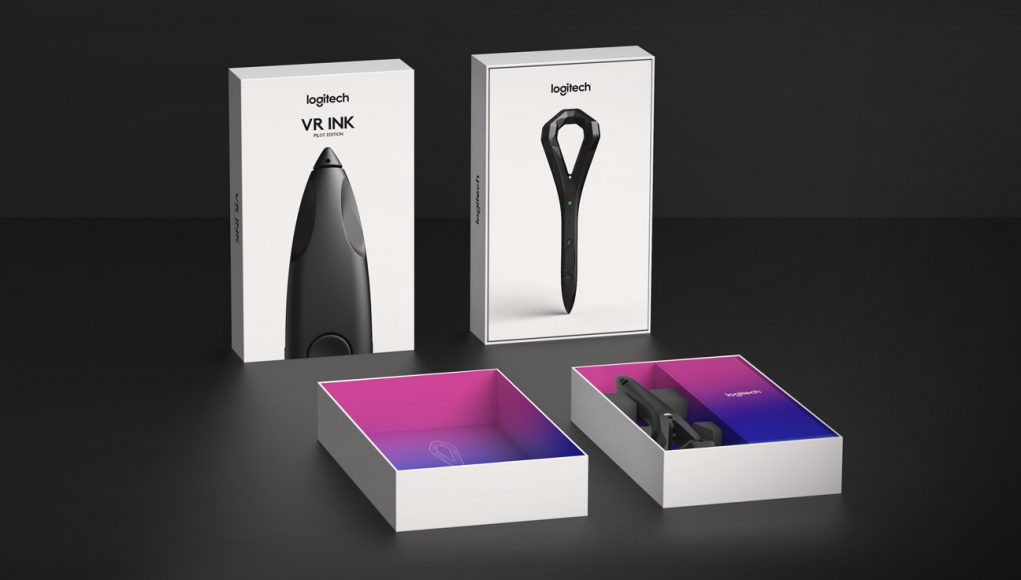David Braben, veteran father of the no less veteran Elite saga, has talked about Elite Dangerous and support for Oculus Rift, as well as the difficulties that other studios that depend on a publisher to do what they have done: receive a request from the community to support Oculus Rift, evaluate it and have it ready in just 3 days of work.
The interview he has given to Rock, Paper, Shotgun is worth it for anyone interested in the game, but we are going to summarize what he has commented regarding support for Oculus Rift, which was not a priority for Frontier Developments. In fact, it was a more long-term goal. However, after the appearance of Alpha 1, the players themselves began to demand it and Frontier thought ‘it shouldn’t be complicated’, so after conducting a brief study, one of the programmers took care of the task, and in just 3 days implemented support for the DK1, which arrived in one of the Alpha updates in December last year. And 10% of the players who played the alpha did so with an Oculus Rift.
One of the great novelties of the DK2 is, as we all know, the possibility of leaning and moving in the seat to scrutinize all the details around us. Elite Dangerous already supports the absolute positioning system, and David claims that the pilot’s body can be tilted and moved in the seat in a similar way to the Crouch Knights demo. In addition, he does not rule out looking for a way for the game to be able to follow the complete movements of our hands and fingers using a device such as Kinect or similar, in his opinion it would not be complicated to implement. And the reason is that they themselves both the creators and the publishers of the game. According to David, if they depended on a publisher they would not have been able to implement support for Oculus Rift the way they have.
Solar flares, visible from the standard beta that starts on July 29.







